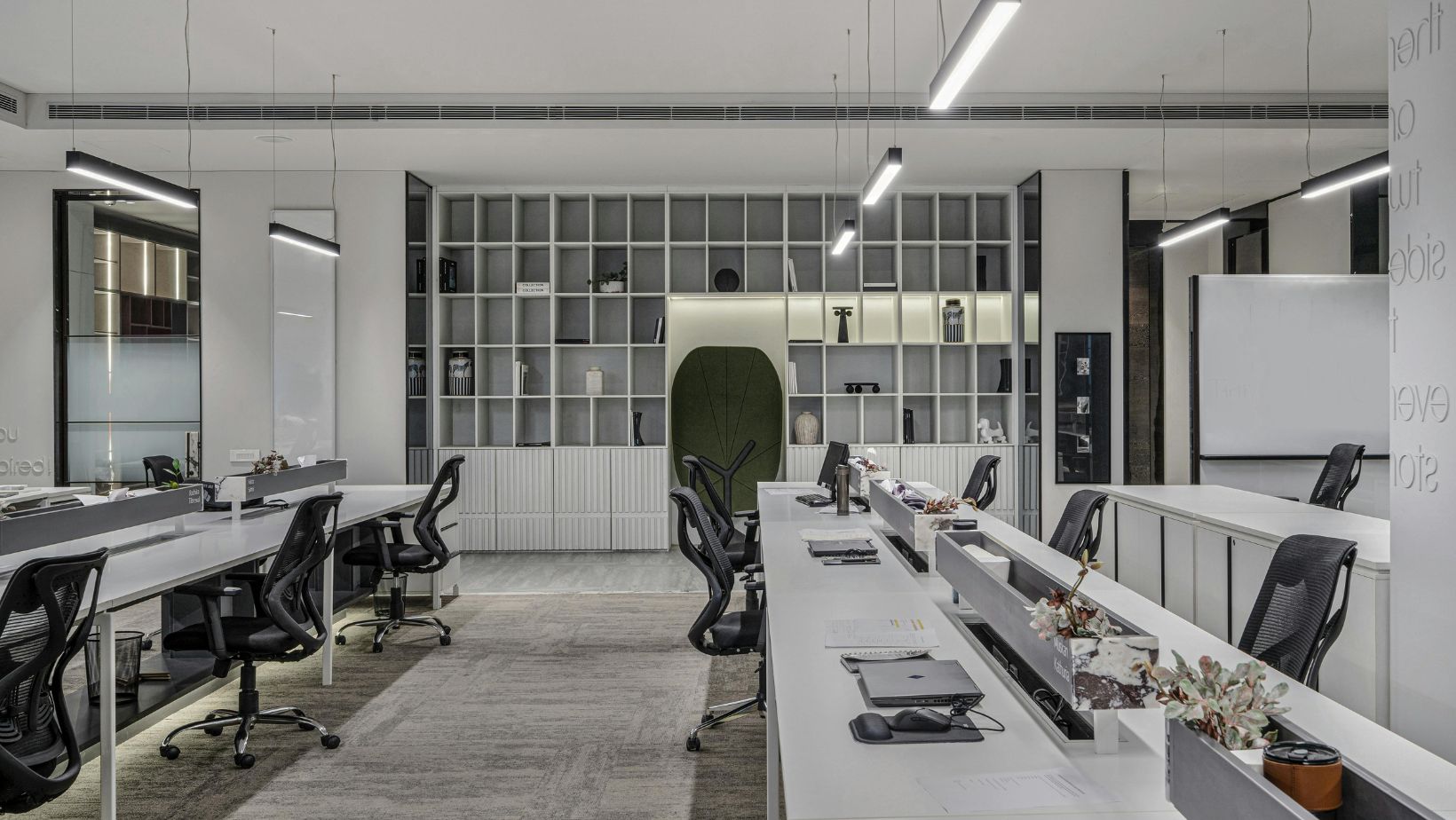Have you ever wondered how much the cleanliness of your office affects productivity, employee health, and even your company’s reputation? Do you consider how germs, clutter, and poor sanitation may be silently impacting your team’s performance and morale? Many modern businesses focus on technology, strategy, and growth metrics, yet overlook a crucial factor: workspace hygiene. The state of your office environment plays a bigger role than most leaders assume.
Health and Employee Wellbeing
Workspace hygiene directly influences employee health. Offices can harbor thousands of germs and bacteria, especially on shared surfaces like keyboards, door handles, coffee machines, and breakroom counters. Poor sanitation leads to frequent illnesses, absenteeism, and decreased overall performance. According to the Centers for Disease Control and Prevention (CDC), preventable workplace illnesses cost businesses billions annually.
Beyond physical health, hygiene also affects mental wellbeing. Cluttered or dirty workspaces contribute to stress, distraction, and cognitive overload. Employees working in clean and organized environments report higher motivation and engagement. A hygienic workspace signals that a company values its workforce, fostering loyalty and satisfaction.
Productivity Gains Through Clean Environments
How much could a cleaner workspace improve your team’s focus and efficiency? Research published in the Journal of Environmental Psychology indicates that employees in cleaner offices experience greater concentration and job satisfaction. Even small efforts—such as maintaining desk organization, sanitizing shared equipment, or regularly cleaning floors—can enhance workflow significantly.
In larger office spaces or high-traffic areas, the impact of professional floor cleaning cannot be overstated. Companies looking to maintain consistent hygiene standards often rely on experts. Services like A&M commercial floor cleaning ensure that offices remain spotless, reducing the spread of germs and contributing to a healthier, more productive environment. Moreover, fewer sick days mean employees spend more time working and less time recovering at home, preserving operational efficiency.
Hygiene and Corporate Reputation
Have you ever walked into an office and immediately judged the company based on its cleanliness? Clients, partners, and potential hires do the same. A visibly dirty office can signal neglect, low standards, or lack of professionalism, while a clean, organized workspace conveys reliability, attention to detail, and a commitment to quality.
 For companies hosting visitors frequently, hygiene becomes even more critical. A client stepping into an unkempt office may question the company’s capabilities. Similarly, prospective employees may form lasting impressions about workplace culture and values. A tidy, hygienic office environment directly affects how your brand is perceived.
For companies hosting visitors frequently, hygiene becomes even more critical. A client stepping into an unkempt office may question the company’s capabilities. Similarly, prospective employees may form lasting impressions about workplace culture and values. A tidy, hygienic office environment directly affects how your brand is perceived.
Financial Implications of Neglect
What are the real costs of overlooking hygiene? Beyond absenteeism, businesses face higher healthcare-related expenses, increased insurance premiums, and potential liability issues if poor sanitation leads to health complaints or accidents.
Indirect costs include decreased performance, more mistakes, and lower morale among employees. Over time, this diminishes productivity and operational efficiency. Investing in professional cleaning services, sanitization schedules, and hygiene protocols may seem routine, but it is, in reality, a strategic move that safeguards finances and enhances workplace performance.
Modern Challenges and Hygiene Standards
The rise of open-plan offices, coworking spaces, and hybrid work environments has complicated hygiene management. While open layouts encourage collaboration, they also allow germs to spread more easily. Shared workstations and communal areas demand diligent cleaning and sanitation.
Businesses must adapt by implementing clear policies and making hygiene a shared responsibility. Regular sanitization, hand sanitizer availability, and clear workspace upkeep guidelines are essential. Partnering with professional cleaning companies ensures that hygiene standards remain high and compliant with modern health regulations.
Employee Engagement and Personal Responsibility
How do you encourage employees to maintain a hygienic workspace? Establishing a culture that prioritizes cleanliness fosters personal responsibility. When team members keep their desks tidy, sanitize shared equipment, and participate in routine cleaning initiatives, it reinforces accountability and teamwork.
Hybrid work policies can support hygiene further, with guidelines extending to home offices. Training programs and visible reminders about hygiene standards encourage consistent behaviors, promoting a professional and safe working environment.
Conclusion
Workspace hygiene is more than an operational concern—it affects health, productivity, reputation, and finances. Neglecting cleanliness can lead to higher absenteeism, lower morale, reduced efficiency, and reputational damage. On the other hand, prioritizing hygiene creates an environment where employees can thrive, focus, and perform at their best.
By implementing clear hygiene protocols, leveraging professional cleaning services like A&M commercial floor cleaning, and fostering a culture of personal responsibility, businesses safeguard employee wellbeing, boost productivity, and strengthen their professional image. In today’s competitive landscape, keeping your workspace clean is not just about appearances—it is a strategic advantage that modern businesses cannot afford to ignore.

